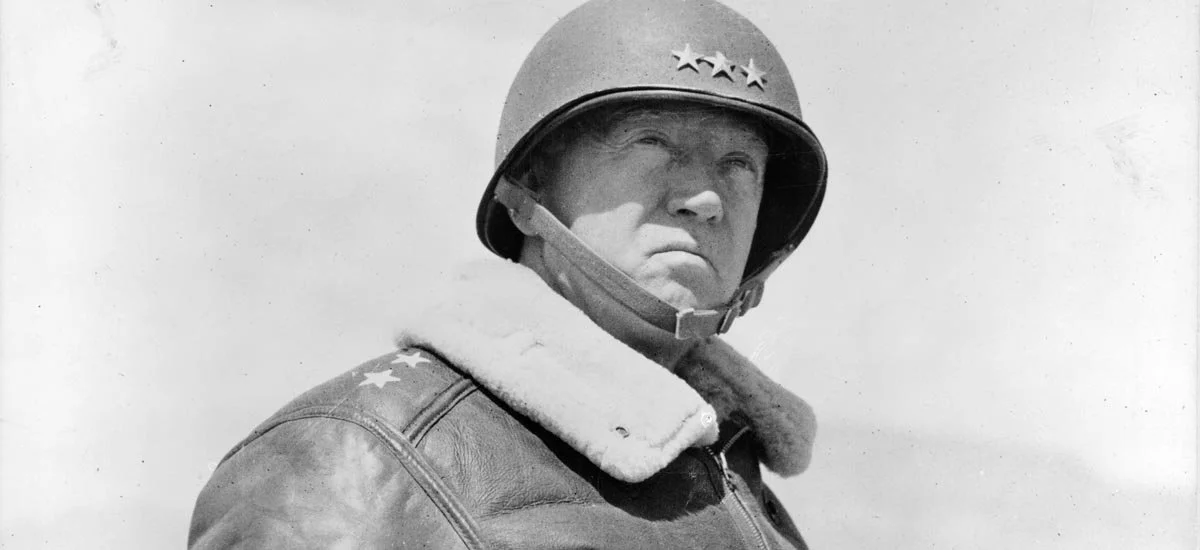A Weapon of Self Destruction: A Review of David Itzkoff's "Robin"
“You’re only given a little spark of madness. You mustn’t lose it.” — Robin Williams
New York Times reporter David Itzkoff’s recent biography “Robin” is breathtakingly good, an exhaustive story of a man at war within himself and the addictions that ultimately became the sword he fatally fell unto. Robin Williams was most certainly an alcoholic and substance abuser off-and-on throughout his life. But his inner battles became far more influential when it came to what made the man tick like a pyrotechnic time bomb of creative nerve and energy, earning him tremendous accolades and millions of dollars throughout his more-or-less illustrious career. But what the world saw on the outside resembled nothing of what actually festered within the darkened heart of a man who would ultimately succumb to the existential malignancies that consumed his strange and wonderful mind. His was an extraordinary talent that hid the emotional and psychological demons of an uneasy man — a comedic genius who both excited and disturbed, enhanced and dampened by hardwired cravings to satisfy both those he admired and those who idolized him. Yet he only rarely found satisfaction and security in their estimations of his stage and big screen performances.
Itzkoff’s book boldly recounts the life and stardom surrounding Williams’ almost 40-year film and television career. At its heart is the story of Robin from within — his explosive comic energy, timing and improvisational ingenuities were the stuff of legend. But it was this same genius that served as a smokescreen for the deep, corrosive wounds within, particularly in the last two decades of his life, imprisoning him within a fabled middle-aged life of sadness and tragedy that tortured him for the rest of his days. With substance addictions, relapses, broken marriages, a rapidly sinking film career, and the loss of close friends like Christopher Reeve and Richard Pryor, Williams found himself in his final years exposed to the darker sides of life. He was suffering from their inflicted pains while at the same time desperately beholden to them for the limitless creative potential they held for the survival of his rapid, morbid humor.
After Williams tragically took his own life in 2014, an autopsy revealed he was suffering from depression and heart disease. What it also revealed was the diagnosis of Parkinson’s disease six months prior was shockingly inaccurate. The truth was much graver as it was discovered Williams was suffering from Lewy body dementia, incurable and rapidly advancing.
What Itzkoff’s biography thoroughly succeeds at is not only making us aware of Williams’ life of hidden despair, but allowing the reader to make some sense of it. And it’s through this realization we understand and, in a way, come to terms with his taking his own life, a ghastly act surely fed by the throes of the dementia he was unaware he was suffering.
While “Robin” is one of the best books I’ve read this year, it doesn’t make reading this happy, sad, successful and desolate life story of comedic genius Robin Williams any easier to bear.





